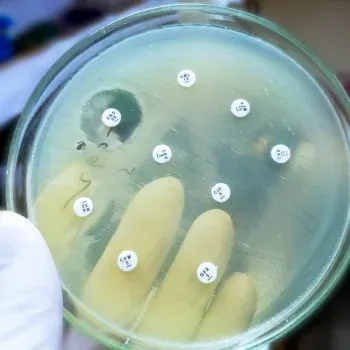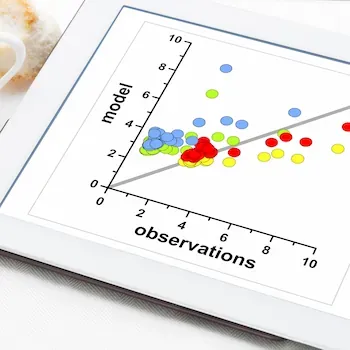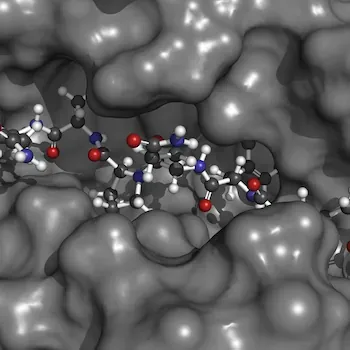Projects
The laboratory is dedicated to advance in various fields, encompassing genomics, transcriptomics, metagenomics, proteomics, structural bioinformatics, and multi-omics analysis. In Computer Science, we focus on pioneering novel methodologies leveraging artificial intelligence, machine learning, heuristic search algorithms, and massively parallel processing architectures to tackle diverse challenges in biological data processing. In Biological Sciences, our research initiatives span a broad spectrum of applications, including medical biotechnology, environmental biotechnology, animal biotechnology, microbial biotechnology, and plant biotechnology. The group is engaged in the following scientific-technical projects:

MAPSTROKE: a Computational Strategy to Improve Access to Acute Stroke Care This project aims to use computational strategies to identify optimal locations for new Acute Stroke Centers (ASCs), improving access to treatment, especially in rural areas of low and middle-income countries, thus addressing global disparities in stroke care. Read more

Traceability of Cannabis sativa L. in Brazilian Territory This project aims to use machine learning to identify genetic markers in Cannabis sativa L. from various regions of Brazil. By leveraging genomic analysis, including short repetitive sequences (SSR) and single nucleotide polymorphisms (SNPs), it seeks to understand the plant's biogeography and differentiate circulating genotypes based on geographic origin. Read more

Contribution of swine waste treatment processes in the control of antimicrobial resistance transmission for agropastoral systems This project maps antimicrobial resistance gene dissemination in Brazilian swine waste treatment systems, comparing cesspool and biodigester scenarios. Objectives include comparing microbiomes, identifying resistome markers, and utilizing machine learning to trace AMR profiles, informing policy and enhancing surveillance. Read more

Data Science for Biotechnology Applications: solving large-scale challenges using explainable machine learning, metaheuristics, and high-performance computing This project develops bioinformatics tools using Machine Learning, heuristic search, and high-performance computing for human and animal health. It includes algorithms for adaptive metaheuristics, interpretable machine learning, and feature selection to analyze large, complex data effectively. Read more

Interpretability and Multi-Objective Heuristic Search Methods for Feature Selection on High-Dimensional Data This project aims to extract implicit knowledge from vast data in Bioinformatics, enhancing understanding of gene-protein relationships in pathological phenotypes. Machine learning handles complex data but lacks interpretability. This research focuses on interpretable machine learning to elucidate model decisions, advancing biomedical insights.

AICaBI: Artificial Intelligence for Cancer Biomarkes Identification This interdisciplinary project aims to enhance personalized medicine by integrating computational methods and strategies in a Bioinformatic context. Focusing on cancer prevention, diagnosis, and prognosis precision, it seeks to answer whether meta-heuristics, machine learning, and biological annotation data can deliver high-quality solutions for identifying cancer biomarkers. Read more

Mesoscopic Molecular Dynamics Simulations: Development of Models and Computational Strategies for Complex Structural Bioinformatics Problems This project merges microscopic and macroscopic effects with a Mesoscopic Molecular Dynamics (MMD) model. Integrating Molecular Dynamics (MD) precision with Computational Fluid Dynamics (CFD) scalability via the Lattice Boltzmann Method (LBM), it addresses crucial microscopic effects. Brazil and Germany collaborate to offer interdisciplinary research and education to PhD students and researchers. Read more

Parallel and Distributed Metaheuristics for Structural Bioinformatics This international collaboration aims to develop metaheuristic models using robust parallel and distributed computing for structural bioinformatics. Partnering institutions include UFRGS (Brazil), UNSL (Argentina), USACH (Chile), and UPMC (France), addressing unanswered questions in structural bioinformatics beyond traditional approaches. Read more

Multi-modal and multi-objective heuristic search methods for Structural Bioinformatics problems This project develops metaheuristic approaches for complex problems in Structural Bioinformatics, such as predicting macromolecular structures and molecular docking for drug development. Metaheuristics offer efficient solutions when exact methods are impractical, aiming to enhance current strategies in the field. Read more